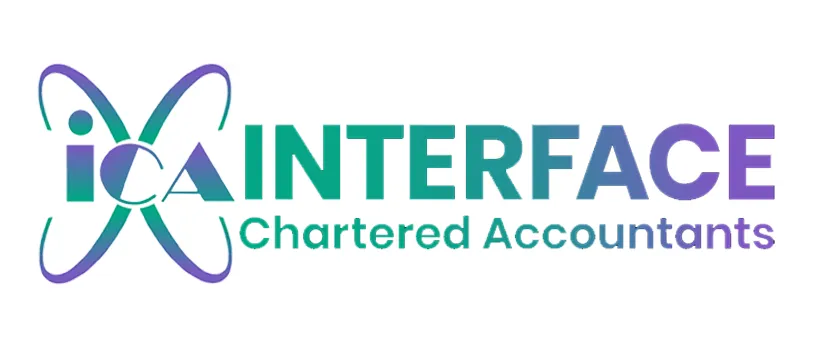Definition of Accounting:
The process of documenting, evaluating, and reporting financial transactions is known as accounting. Maintaining financial records, creating financial statements, gathering and analyzing data, and giving advice to firms on how to increase earnings are all possible. Any successful business needs accounting, which may be a complicated and difficult field.
Overview of the Challenges of Accounting:
Accounting entails a great deal of responsibility and can be difficult. Keeping correct records, implementing new technology, comprehending new tax laws, managing regulatory compliance, and hiring and retaining qualified personnel are some of the most typical issues.
Challenge 1:
Keeping Accurate Records:
Keeping correct records is one of the biggest issues in accounting. Tracking financial activity, creating financial statements, and filing taxes all require accurate records. Without correct records, firms run the danger of incurring expensive mistakes and even fines.
Importance of Accurate Records:
Any business must keep accurate records. They serve as the foundation for budgeting and decision-making, and they also support the discovery of potential growth areas. Maintaining accurate records also makes it easier for companies to comply with legal and regulatory requirements.
Potential Problems That Can Occur:
Businesses run the risk of making costly mistakes if their records are unreliable or lacking information. This can involve inaccurate tax filings as well as errors in financial accounts or reports. Moreover, inaccurate records might result in poor choices, which can negatively affect the bottom line of the company.
Challenge 2:
Adopting New Technology:

The ability to change with new technologies is a challenge for accounting. Accounting professionals need to keep up with the most recent tools and software because technology is continuously evolving. This can be difficult because many businesses are hesitant to spend money on new technologies.
Need for Speed and Efficiency:
In the modern digital environment, efficiency and quickness are paramount. Data processing speed and accuracy are essential skills for accountants. The most recent software and technologies must be thoroughly understood for this.
Making the Transition to Digital:
It can be difficult to switch from manual to digital operations. Accounting experts must become proficient with the most recent software and comprehend how it may be applied to increase productivity and accuracy.
Challenge 3:
Understanding the New Tax Laws:

Keeping up with the ever-changing tax regulations can be difficult for accounting professionals. Accounting professionals must stay current with the most recent information because changing rules and regulations can significantly affect firms.
Keeping Up with Recent Changes:
Professionals in accounting should keep up with any modifications to the tax code. This entails keeping up with any new rules and laws as well as any court decisions that might have an impact on their clients.
Dealing with Complex Regulations:
Tax regulations can be intricate and challenging to comprehend. Accounting experts must be able to clearly interpret and communicate the laws to their clients.
Challenge 4:
Managing Regulatory Compliance:
Managing regulatory compliance is another difficulty in accounting. Accounting experts must be able to verify that their clients are compliant with the various rules that firms are required to follow.
Keeping Up with Regulations:
Regulations can change frequently, making compliance with them a difficulty. Achieving compliance for their clients requires accounting professionals to stay informed of any changes.
Potential Penalties for Non-Compliance:
Businesses could face penalties if they violate restrictions. To maintain compliance, accounting professionals must be aware of the potential dangers and cooperate with their clients.
Challenge 5:
Finding and Retaining Quality Staff:
Another issue in accounting is finding and keeping qualified employees. Finding and keeping skilled applicants can be challenging as the need for accounting experts increases.
Difficulty in Recruiting Qualified Employees:
It might be difficult to find qualified staff, especially in a tight labor market. Accounting professionals must be able to locate and entice competent applicants while also evaluating their qualifications.
Retention Strategies:
One more difficulty is retention. An environment that encourages employee retention needs to be created by accounting experts. In addition to giving opportunities for career advancement, this also includes offering competitive compensation and benefits.
Conclusion:
The field of accounting is complex and difficult, and those who work in it encounter numerous difficulties. They involve managing regulatory compliance, maintaining accurate data, implementing new technology, comprehending new tax rules, and hiring and retaining qualified personnel. Despite these difficulties, accountants are a vital component of any flourishing company and may aid businesses in maximizing their revenues.
 Skip to content
Skip to content

